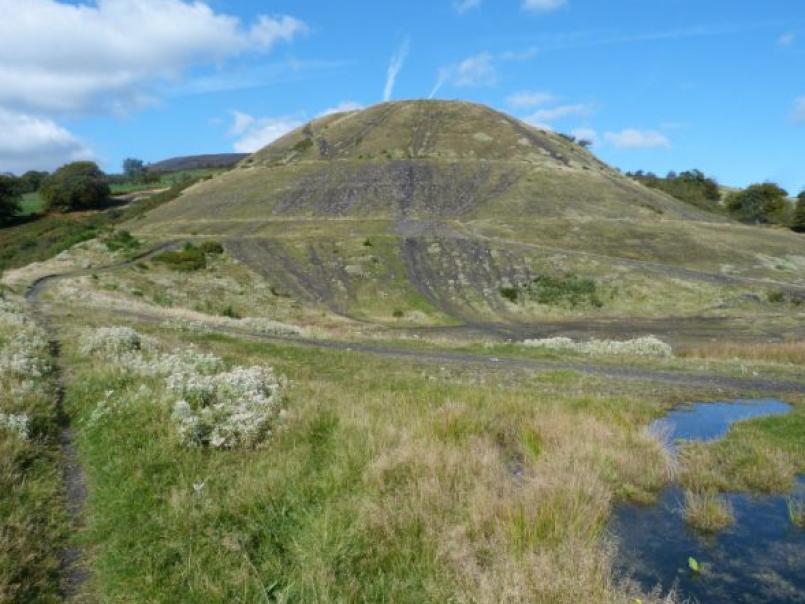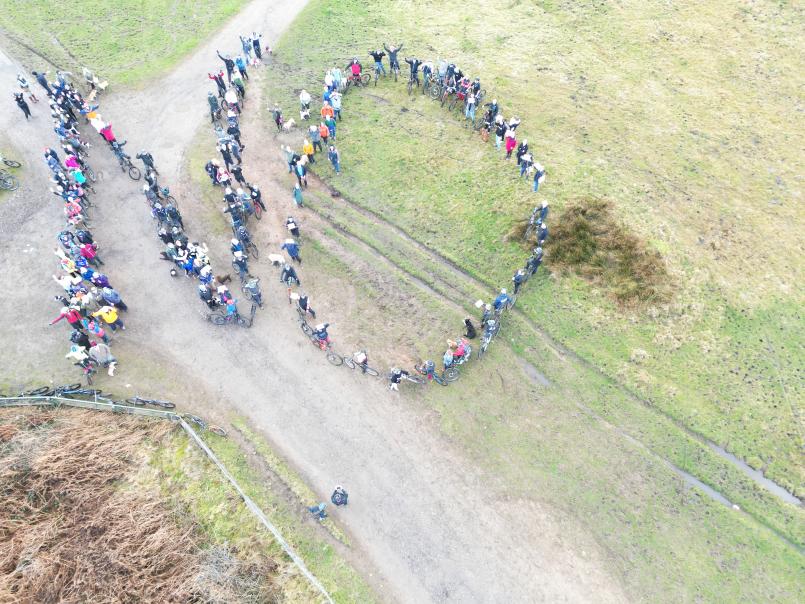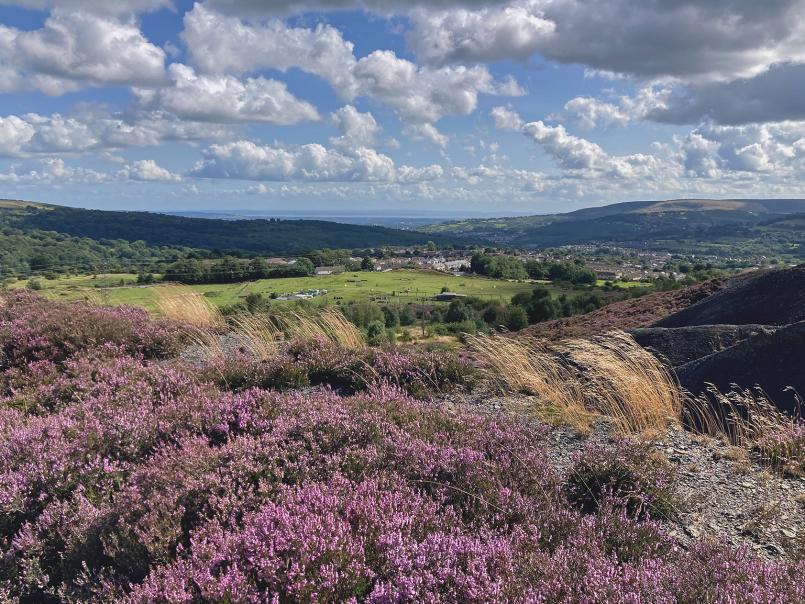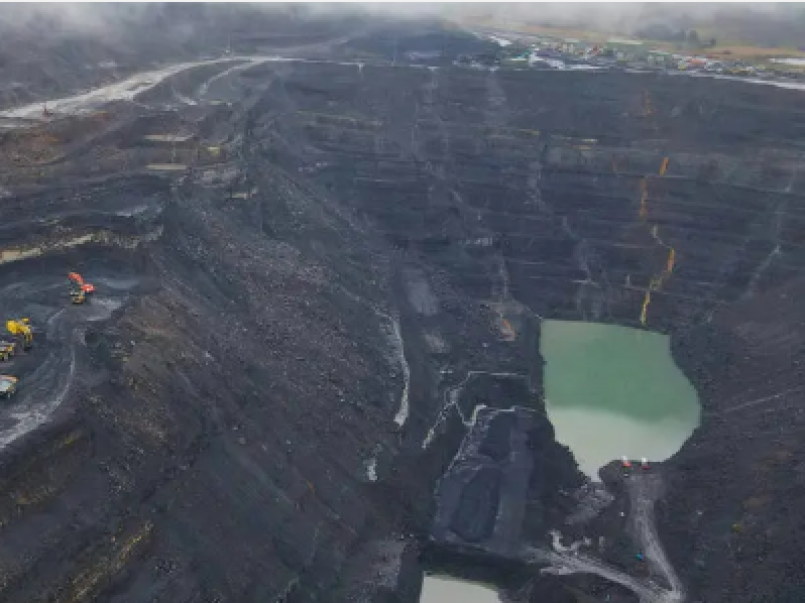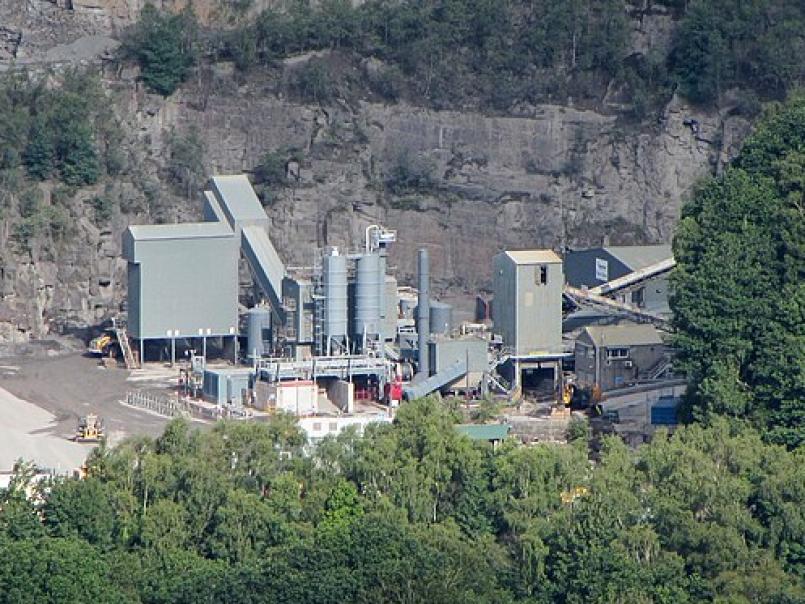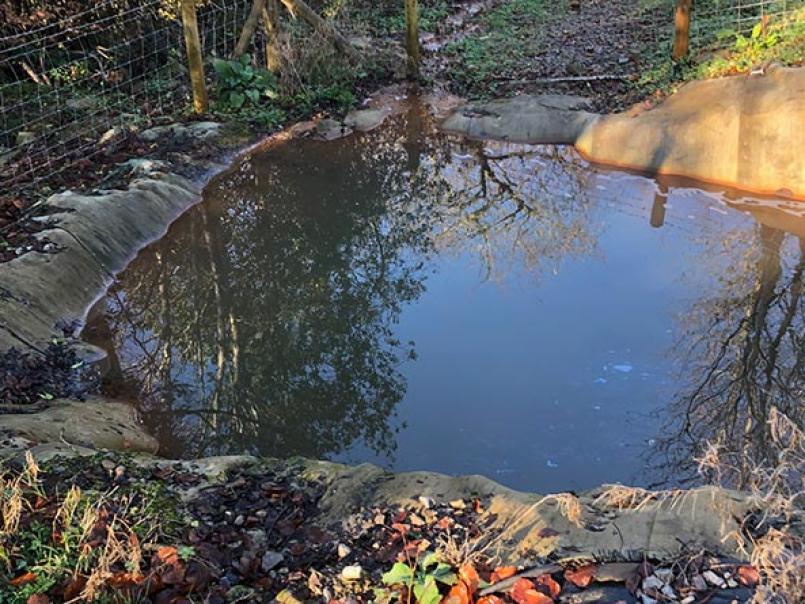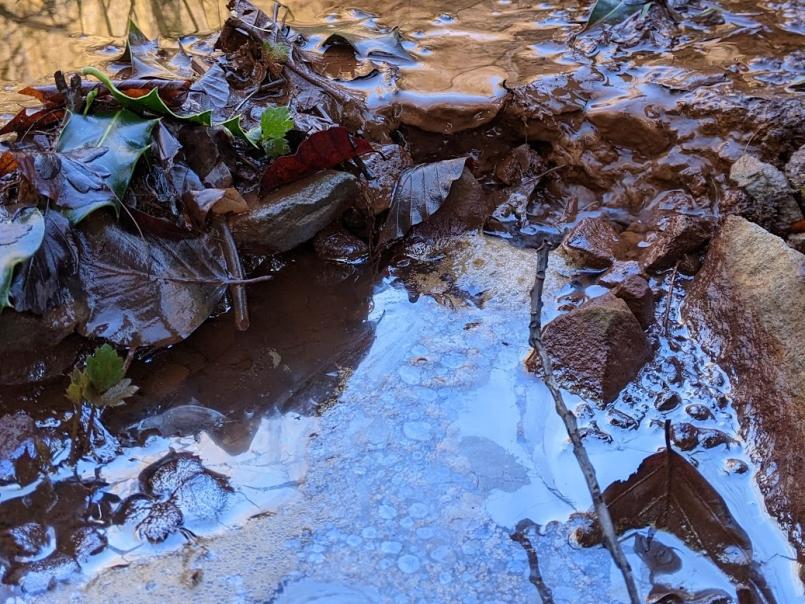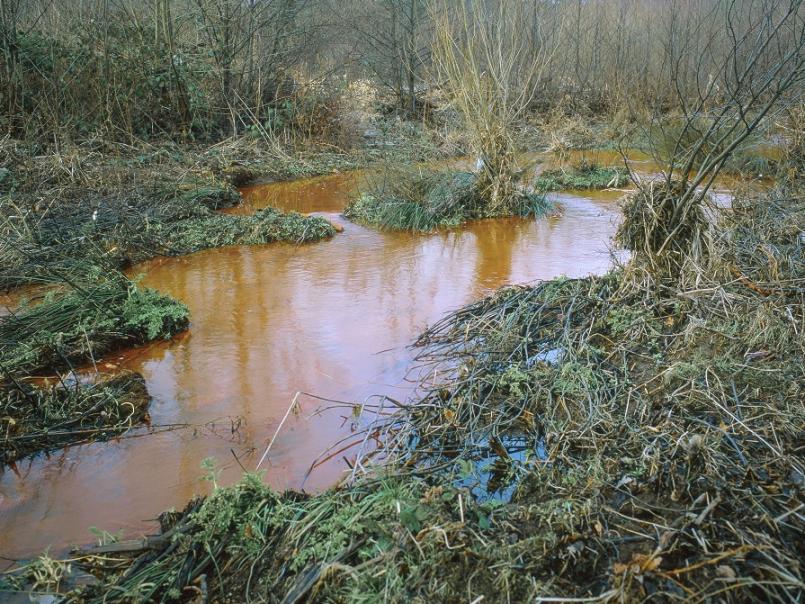Wales’s coal tip bill must protect people and planet
Published: 30 Apr 2025
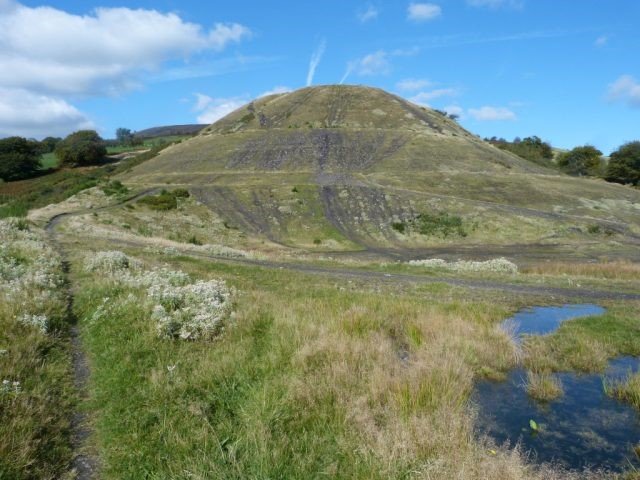
The Disused Mine and Quarry Tips (Wales) Bill proposes to establish a new public body called the “Disused Tips Authority for Wales”, responsible for assessing, registering, monitoring and managing coal tips to ensure they “do not threaten human welfare by reason of their instability”.
On 29 April 2025 Senedd Members voted on the general principles of the bill and (at the time of writing) members of the Climate Change, Environment and Infrastructure Committee (CCEIC) will be preparing amendments.
We strongly support this urgently needed legislation. The issue of dangerous tips and quarries has been well known for decades in Wales, and particularly since the tragic coal tip disaster of Aberfan in 1966. These problems were caused long before devolution, but the impacts are ongoing and felt by communities and public bodies in Wales now.
Extreme weather events caused by climate change are becoming more frequent and extreme, causing unprecedented tip instability – including in Tylorstown in 2020 following Storm Dennis, and most recently in Cwmtillery last year. Coal tip slips are likely to become more common as the impact of climate change is increasingly felt in Wales and the rest of the world.
Carrying out the necessary work to make coal tips safe, however, is expensive. Individual local authorities have neither the capacity, expertise nor funding necessary to do this on their own, and neither do any public bodies in Wales.
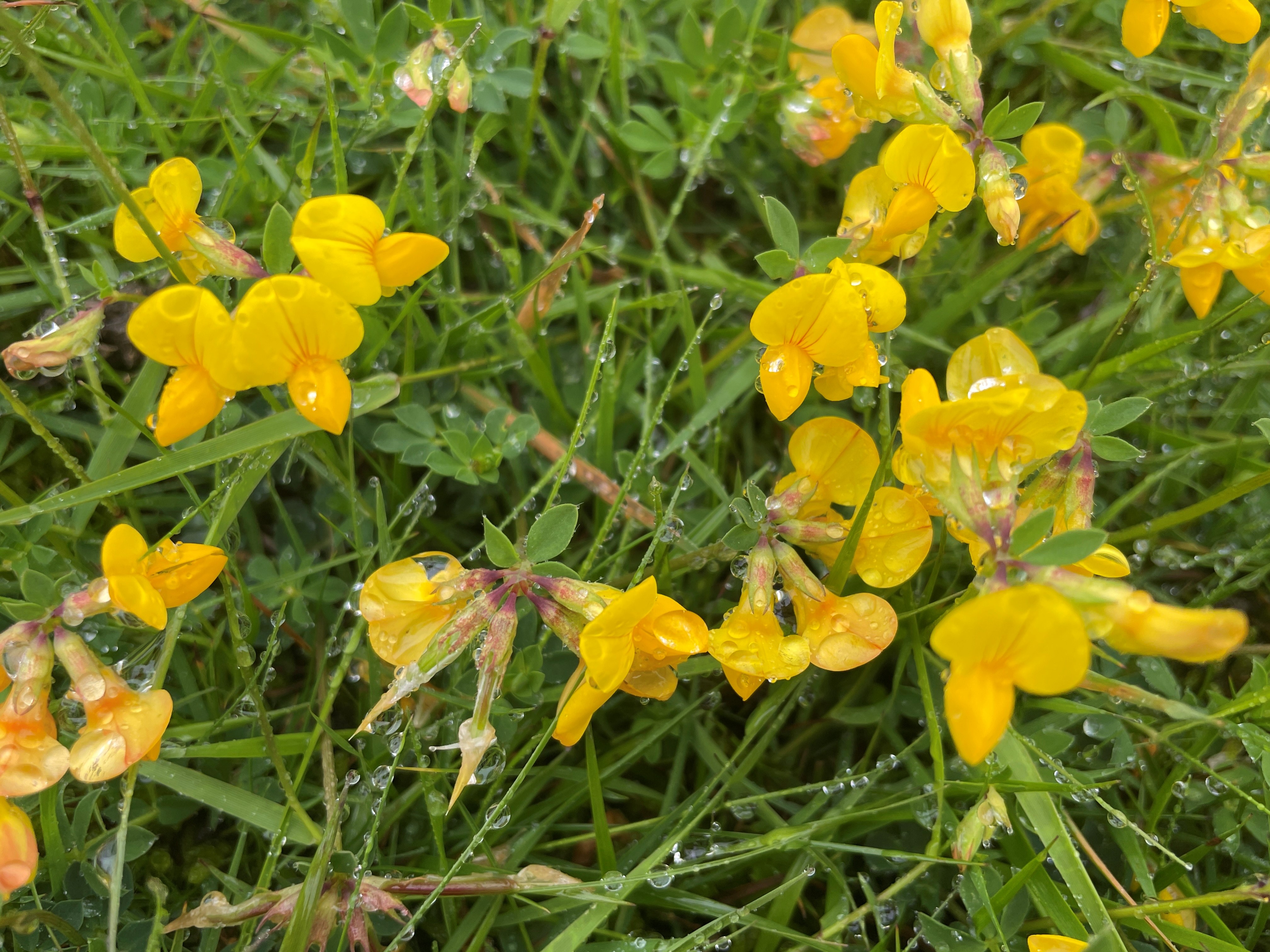
The risk is that private companies might be invited by cash-strapped councils to propose ‘solutions’ based on financial gain from removing and selling the coal. As well as having a damaging impact on local communities and wildlife, this could result in climate-wrecking emissions.
Even a company claims the coal is destined for ‘non-energy uses’, there is likely to be emissions. For example, coal is burned during the process of making cement or bricks. And even if a company claims coal will not be used for energy, once it is extracted from the ground really there is no way of knowing where that coal will eventually end up or how it will be used.
For instance, a company called ERI Reclamation is proposing to extract 500,000 tonnes of coal from with two of the tips at Bedwas and sell it to the cement industry, which could result in 1.3 million tonnes CO2, according to Coal Action Network.
As we outline in our response to the consultation, if this proposal in Caerphilly goes ahead it could set a precedent. The fear is that the situation could escalate into a dangerous new coaling industry – as we have seen with opencast coal mining and its repercussions and legacy on communities and landscapes in recent decades.
The Cabinet Secretary for Climate Change and Rural Affairs, Huw Irranca-Davies MS, in his response to the CCEIC’s Stage 1 Report, admits the “Bill does not prevent the extraction or burning of coal”, adding that he could not “envisage a scenario in which the extraction and burning of coal will arise as a result of the Bill”.
However, the proposal to mine coal from Bedwas tips demonstrates that there is a clear and significant potential for the extraction of coal from coal tips for profit by the private sector, encouraged by landowners with concerns about ongoing maintenance costs.
And existing policies are not robust enough to prevent this from happening. For instance, the Coal Policy Statement of March 2021 cites that wholly exceptional applications for coal extraction would be considered if they could demonstrate why extraction is needed to “ensure the safe winding-down of mining operations or site remediation.”
The coal licencing ban, which is being developed by the UK Government, will also fail to catch such applications as they may not require a licence, only planning permission.
In view of this, it is vital that the Disused Mine and Quarry Tips (Wales) Bill is amended to ban any coal extraction for commercial gain on the grounds that this will contribute to the climate change which the Bill acknowledges will increasingly threaten the stability risk of coal tips moving forward.
This bill gives us an alternative – a public body that takes a preventative approach to deal with the most instable tips before slips happen. But this can only happen with the right funding.
Our coal tips are the legacy of pre-devolution industrialisation. Rather than relying on the profit-making private sector to make our coal tips safe, the UK Government should be funding this work to ensure the safety and welfare of communities can come first, and the most dangerous tips are prioritised.

